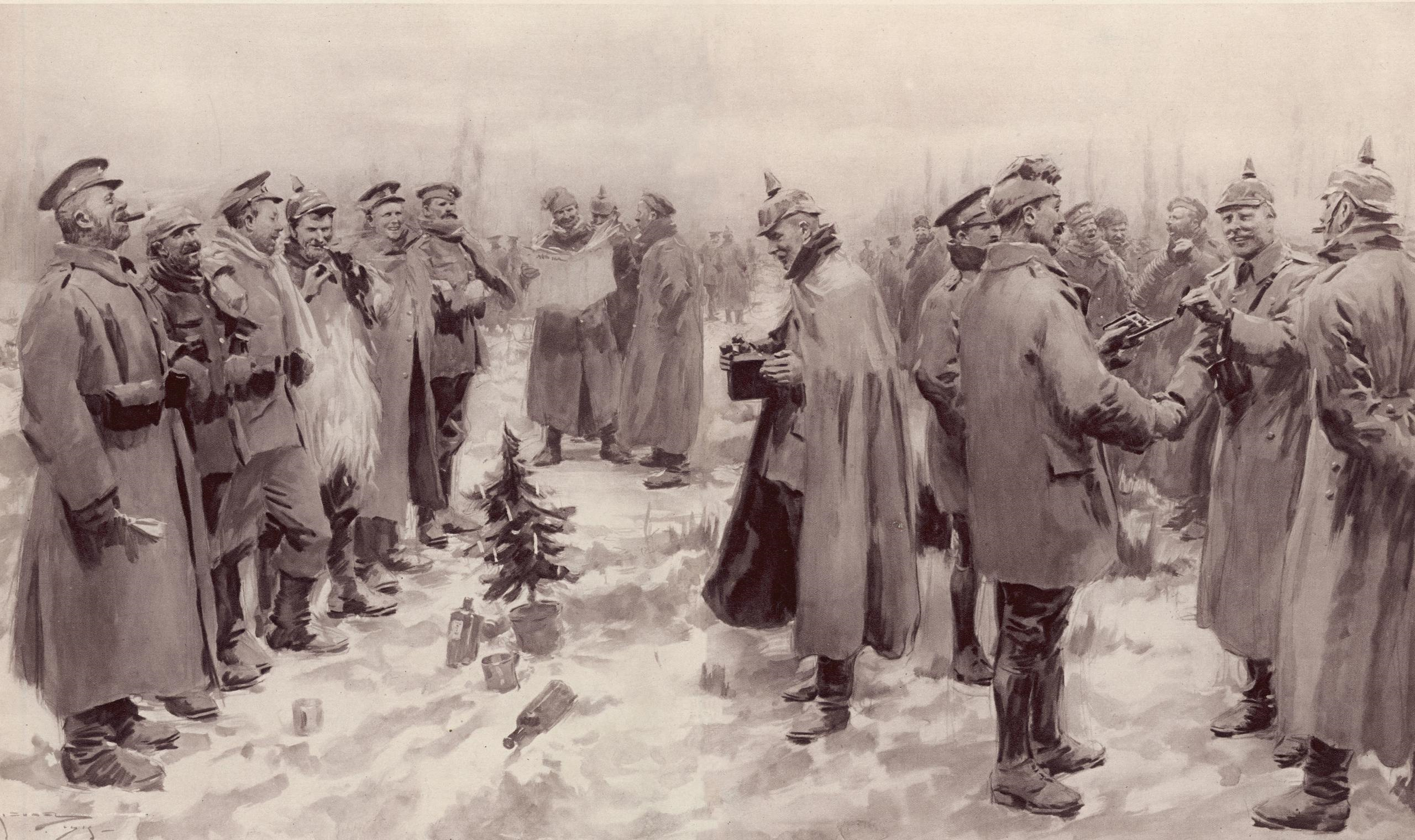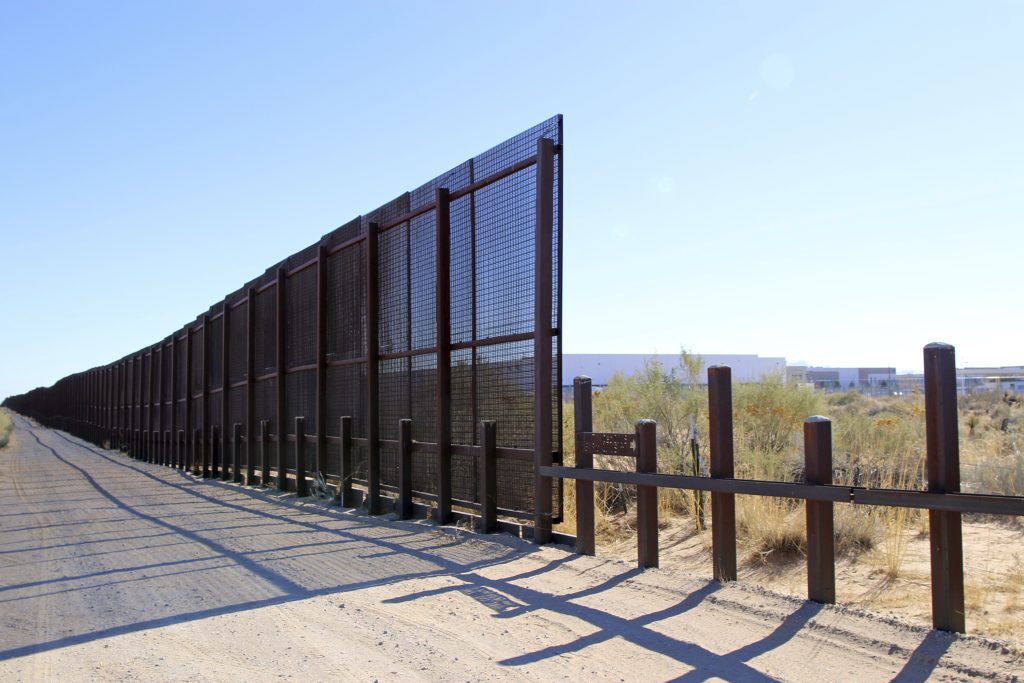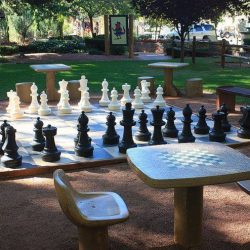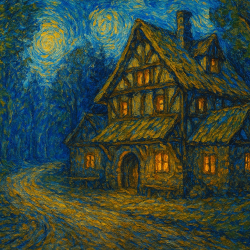Conflict is a natural part of the human condition. Whether it is in children fighting over a toy or great kings fighting for land and glory, there is something in all of us that strives to conquer our fellow man. The battles we fight in the political arena are not at the same level as wars fought on real battlefields, but neither are they inconsequential.
Yet there is something of a peacemaker in all of us as well. Our God is the God of battles and the Lord of hosts, but He is also the King of peace. Christians have tried throughout the ages to end war, and have sometimes succeeded for a time. Just over a thousand years ago, the Catholic Church proclaimed Pax Dei — the Peace of God — which was intended to protect churches, priests, and innocents from the ongoing violence. A few years later they proclaimed Treuga Dei — the Truce of God — which was intended to make Sundays and certain feast days off-limits for fighting.
Though the Peace and Truce of God did not last more than a few centuries, the idea of keeping certain times and institutions sacred from violence remains to this day.
On the night of December 24, 1914, a few men found a moment of peace in the midst of a terrible war. Germany’s advance toward Paris had stalled in September, and they had retreated toward the English Channel in parallel to the French and British forces that had stopped them at the Marne River. By winter, the Western Front of the Great War was a stalemate, with soldiers in trenches enduring artillery fire and gas attacks for months on end.
As one story goes, the German soldiers had lit candles and began singing Christmas songs from their trench. The British soldiers opposite them responded with carols of their own, sung in English. Before long, soldiers from both sides carefully left their trenches and walked into the desolate no-man’s land between the opposing armies. There they exchanged such gifts as they had, shared food, and even organized games of soccer. This occurred up and down the front. In some areas, the soldiers declared a temporary peace long enough to retrieve and bury the bodies of their comrades that had been lost in no-man’s land. Of course, commanders on both sides were against this show of humanity in the midst of war — after all, their job was to kill the other side, not fraternize with them. Orders came down forbidding such truces, and in the later years of the war the bitterness of the fighting was such that it was impossible anyway. But on one cold winter’s night the guns stopped, and men of Christendom celebrated their shared heritage and humanity before resuming the war the next day.
The story of the Christmas Truce illustrates how wasteful the world wars were. In one trench Germans were singing “Silent Night” while in the others were Englishmen singing “Hark, the Herald Angels Sing” and Frenchmen singing “Angels We Have Heard On High”. The men on the Western Front had no quarrel with each other, as C.S. Lewis noted in Mere Christianity:
I have often thought to myself how it would have been if, when I served in the first World War, I and some young German had killed each other simultaneously and found ourselves together a moment after death. I cannot imagine that either of us would have felt any resentment or even any embarrassment. I think we might have laughed over it.
Were the imperial ambitions of the Kaiser, or the honor of the British government, worth the tens of millions of lives that were lost, not to mention the permanent destabilization of Christendom and Western Civilization?
54 years after the Christmas Truce of World War I, and 56 years ago to us today, America faced its own annus horribilis, a terrible year. Robert F. Kennedy and Martin Luther King had been shot to death, riots engulfed our biggest cities, terror was on the rise, and nearly 17,000 more young men lost their lives in Vietnam. Yet the world once again experienced a moment of peace when three American astronauts became the first human beings to journey to the moon.
On December 21, 1968, Apollo 8 lifted off from the Florida coast. Astronauts Frank Borman, Jim Lovell, and Bill Anders never intended to land on the moon — that would come later. Their task was to orbit the moon and then return safely to earth. On Christmas Eve, the astronauts participated in a live broadcast from lunar orbit, reading the first ten verses of the Book of Genesis.
No matter our opinions, our ideologies, or our preferred political strategies, we are all Idahoans, we are all Americans, and we are all human beings. Conflict is in our nature, but God has given each of us the ability to overcome that conflict and seek peace. As you prepare to celebrate Christmastime with your family and friends, allow me to repeat Frank Borman’s message: “Good night, good luck, a Merry Christmas and God bless all of you — all of you on the good Earth.”
Feature image by A.C. Michael, originally published in The Illustrated London News, January 9, 1915.
About Brian Almon
Brian Almon is the Editor of the Gem State Chronicle. He also serves as Chairman of the District 14 Republican Party and is a trustee of the Eagle Public Library Board. He lives with his wife and five children in Eagle.













